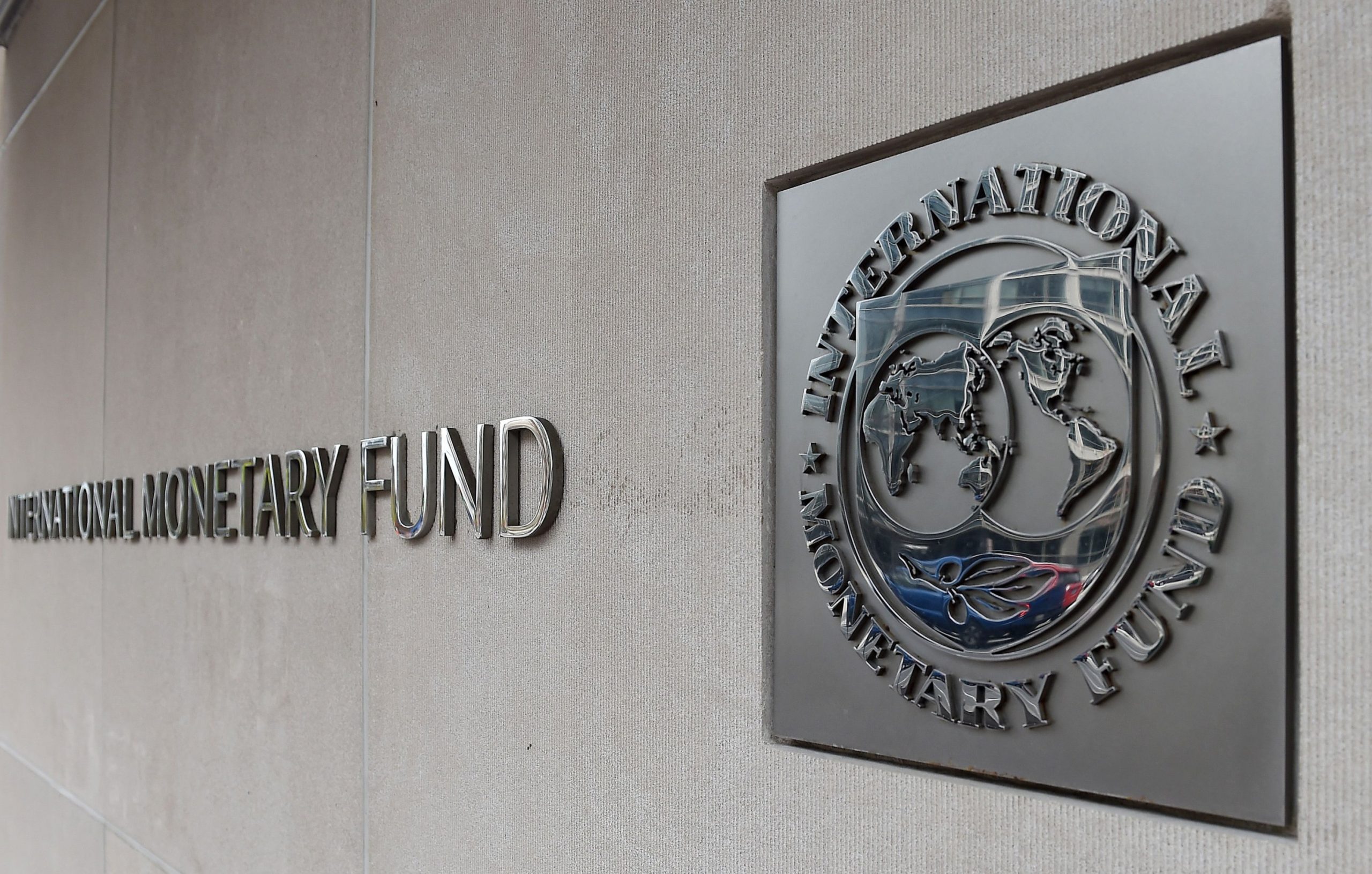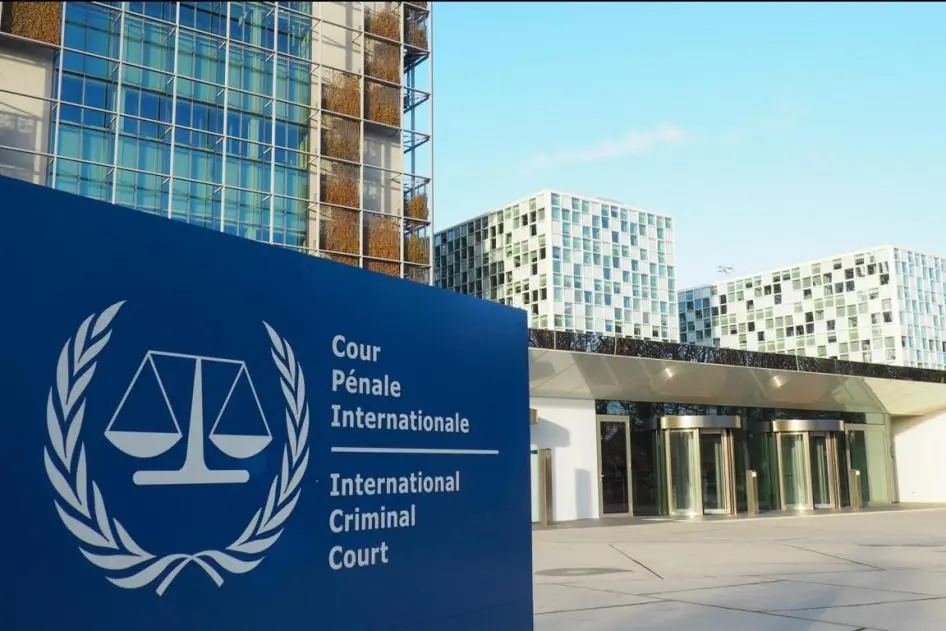On an international level, the economic growth is expected to slow down by 3.6% in the current and next year, IMF said.
The International Monetary Fund (IMF) has praised Qatar’s smooth efforts in confronting the repercussions posed by the Covid-19 pandemic. It hailed the Gulf nation’s implementation of robust regulations and mechanisms to support sectors affected by the global plague.
The comprehensive economic support package provided essential relief to the most affected households and firms, while also ensuring sufficient liquidity in the banking system.
As a response to Qatar News Agency in a press conference in Amman, Director of IMF Middle East and Central Asia Department Jihad Azour said that the precautionary measures adopted by the government to tackle the Coronavirus pandemic contributed to increasing the growth levels of the country’s economy. This was further supported by the Gulf country’s improvement in oil and gas prices as well as investments made by Doha as part of its preparation for hosting the FIFA World Cup Qatar 2022.
He also said the Qatari economy is expected to see a rise of 3.4% in 2022. Azour also added that the Gulf nation’s production of liquified natural gas (LNG) will jump to a medium level, making it the world’s largest LNG exporter.
In the Middle East and Central Asia region, Azour argued, the Russian-Ukrainian war is expected to “affect” the region’s rapid recovery of monetary and fiscal policies, notably those whose economies were highly impacted by the spread of the mutant variant of the virus, Omicron. Providing the statistical speculations of this year, he noted the region’s GDP growth is expected to drop by 5% in 2022, upon claiming a 5.8% level last year.
He also reported that inflation rates in the region are expected to decline by 13.9% this year, compared to 14.8% in 2021.
In a press release by the IMF on March 7 2022, it underlined that Qatar’s swift and decisive response to the Covid-19 crisis has “dampened its health and economic impact and paved the way for a speedy recovery.”
Proactive containment measures, massive testing, solid healthcare, and efficient vaccination rollout centres have aided in minimising the health toll of the pandemic and helped contain the disruptions it poses to economic activities.
Qatar’s economy amid escalations
Qatar’s real GDP is expected to witness a growth rate of 3.9% as the country’s economy moves towards a steady and fruitful recovery.
In a World Bank report, it was revealed that the war in Ukraine has specifically had a “positive” effect on Qatar’s economy. “The effects of the war in Ukraine on the commodity markets and of its associated economic sanctions are positive, on balance, for Qatar’s economy, the largest exporter of liquid natural gas in the world.”
Amid the ongoing escalations in the Ukrainian crisis, Qatar’s Electricity & Water Co profits for the first quarter of 2022 rocketed by 17 million QAR ($4.6 million) in comparison to the same period last year, reports said. In other words, the profits of the Qatar-based energy company surged up to attain 389 million QAR profit this year, which was up from 372 million QAR in the first quarter period of 2021.
Last week, Bloomberg reported that QatarEnergy is assessing whether to further increase its North Field expansion project. The potential increase comes in line with the EU’s attempt in severing its dependence on Russian gas and instead turning to the LNG giant for energy supply. Europe, which was already juggling an energy crisis as a result of a hike in oil prices and receives 40% of its oil supplies from Moscow, with almost a third of the shipments passing through Ukraine.
The Gulf country’s $30 billion North Expansion project is the biggest of its kind in the world and aims to boost Qatar’s annual LNG production capacity from 77 million metric tonnes to 126 million tonnes by 2027.
Sources told Bloomberg that the mega project had started in 2021 to build six gas-liquefaction units, with the units having the magnitude to produce eight million tonnes of LNG per year.







